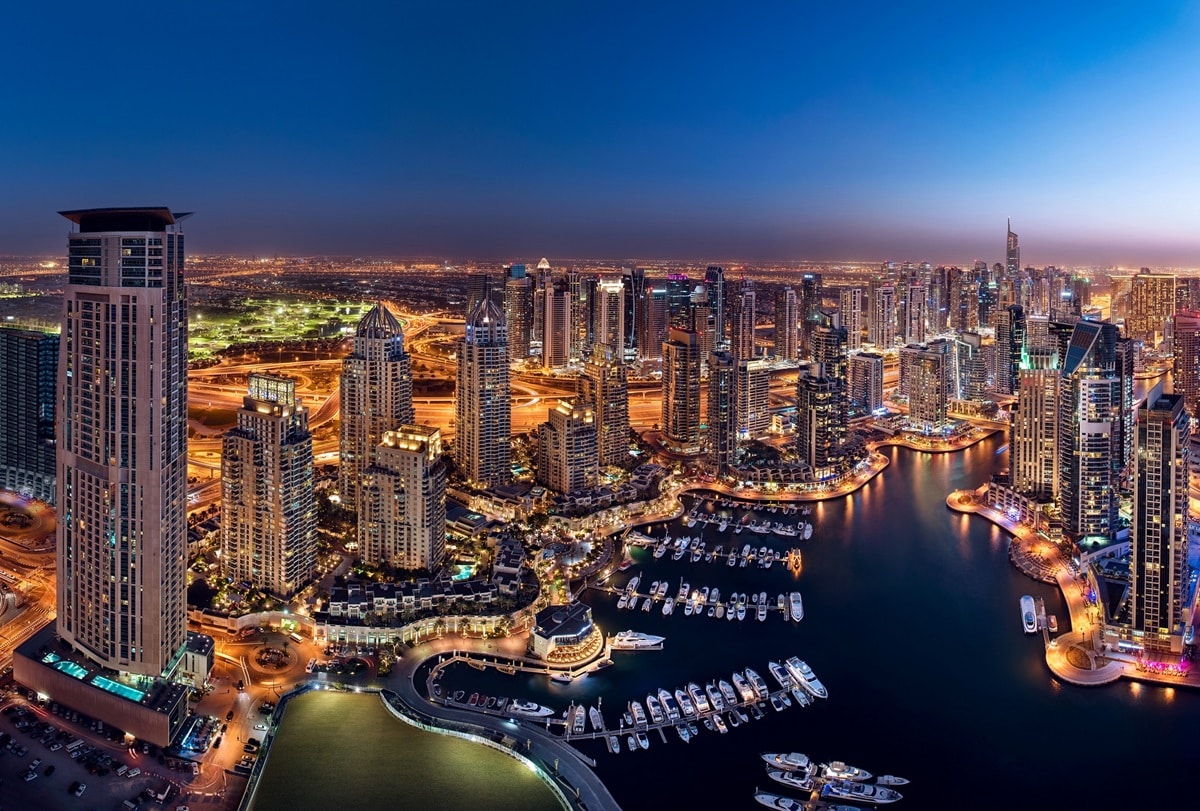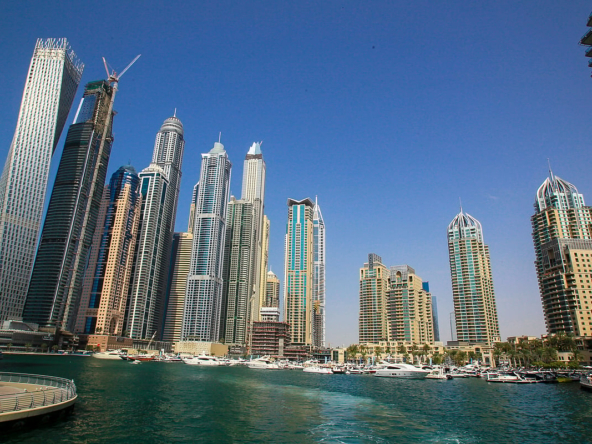Around 1,000 residents a day were added to Dubai population in Q1 2025 and they need somewhere to live…
Dubai’s Population Growth Fuels Real Estate Demand, Reports ValuStrat
According to fresh analysis from ValuStrat, Dubai’s growing population is directly contributing to a surge in the city’s real estate demand.
Housing demand has reached new highs, noted Haider Tuaima, Managing Director and Head of Real Estate Research at ValuStrat.
As of the end of March 2025, the population in Dubai climbed to 3.92 million, with 89,695 new residents arriving in the first three months alone—an average of around 1,000 people added per day.
Real Estate Trends in Dubai
To put this into perspective, the net population gain throughout 2024 was 170,478 residents, which translated to fewer than 500 new people per day.
Projections for 2025 show that approximately 61,580 new residential units are expected to be completed. Out of these, about 19 percent—nearly 12,000 apartments and villas—were delivered in just the first quarter.
ValuStrat noted this trend is unsurprising, especially considering that only slightly more than half of the anticipated residential completions in the previous year were actually handed over.
However, finding reasonably priced properties to buy or rent has become increasingly challenging. ValuStrat’s Price Index (VPI), which tracks the city’s residential market performance, shows steady annual increases in property values across all categories.
Apartment values have grown by 21.4 percent, while villa values have surged by 30.3 percent.
In parallel, rental rates have climbed—villa rents rose by 5.1 percent and apartment rents increased by 10 percent.
Commercial and Sector Growth
Dubai’s commercial property market has also witnessed high demand, propelled by ongoing economic development and company expansions.
The VPI for the office segment revealed a significant 29.1 percent yearly growth in capital values and a 20.2 percent jump in advertised rental prices.
Dubai’s hospitality and industrial markets continued on a growth trajectory as well, contributing to the overall bullish sentiment in the city’s real estate space.
However, Haider Tuaima pointed out that the only dip observed this quarter was in residential sales—both off-plan and ready units—along with a drop in mortgage applications. This decline, he noted, was only in comparison to the previous quarter.




